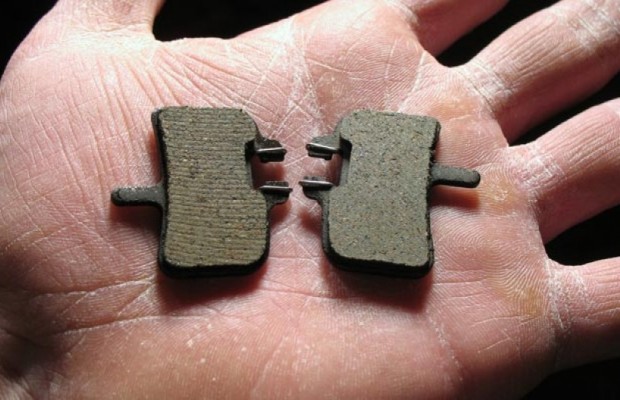Caloric deficit, the only key to losing weight
How much do I have to eat to lose weight? Do you want to remove the excess fat from your body? How should I do it? Be aware that no matter how many miracle diets you are recommended, no matter how much you are bombarded with incredible methods to achieve the goal, there is only one secret: caloric deficit.
But, what is a calorie deficit and how do I put it into practice to lose weight? This method is infallible but to achieve it will require your effort, perseverance and willpower. Let's start!

Caloric deficit, the key to losing weight
As we said, you must learn to distrust miracles, those who sell you things that do not exist. If you're old enough, you must have learned that things in life require effort, not showing up at your door while you're watching TV and eating ice cream.
RECOMENDADO

Puncture-proof SmartMousse for mountain bike, do you need it?

Peter Sagan is still the highest paid cyclist in 2020 : list of the 10 top cyclists who earn the most

XCO 2020 Calendar: World Cup, World Championship and Tokyo Olympics

SG53, a 6 euros spindle power meter

How to clean brake pads

Nino Schurter will compete with the Swiss team this Friday
But let's get to the point. What is a caloric deficit? It's very simple. It is the situation in which our body finds itself when it burns more calories than it consumes. The energy our body needs in the form of calories is acquired from the food we eat, but if we take in more calories than we spend in this case our body stores them in the form of fat.
On the other hand, if we ingest fewer calories than we need, then our body seeks energy from our body's fat reserves. What is the consequence? We lose weight and in a healthy and long-lasting way.

How to get into caloric deficit?
Well, folks, this couldn't be any easier. The solution to achieve this is to adequately combine a good dose of physical exercise - in our case probably cycling - with a balanced diet, but one that is contained in terms of calories.
From there, the ideal is to calculate your basal metabolism -that is, the calories our body spends in a standardized way, without exercising- add to that the calories burned in the bicycle -they can be calculated with multiple applications- and organize a diet with a number of calories lower than the result. Please note the diet must be supervised by a specialist.
It is very important that it is under professional supervision. Below we talk about what nobody tells you about the caloric deficit.
For example, in the case of a 30-year-old man, (180 centimeters high and 85 kilograms in weight) and who does moderate physical activity. He should consume about 1,500 calories to lose weight or 1,775 to keep it off.

What no one tells you about the caloric deficit. Risks of caloric deficit
It's true that a caloric deficit is the key to losing weight, but if it's not done in a controlled way it can also have risks, some of them very serious. As we have already said, losing weight requires consistency, so this method cannot be applied aggressively to achieve great results in a very short space of time. This may be one of the main causes of higher risks.

Produce fatigue
Reducing calorie intake means reducing our source of energy so it can cause us to feel more fatigued. In most cases, as long as we follow a balanced diet that provides us with all the necessary nutrients, it will be a matter of days before our body gets used to it and we feel fulfilled again. But if the diet we are following is not the right one, this feeling of fatigue can be prolonged and lead to major problems.
Weakening of the immune system
Our immune system is one of the first to suffer when we make lifestyle changes that are not appropriate. For example, the training at altitude that many cyclists do has this great handicap, if it is not done gradually, the cyclists' defenses will soon lower and they will be exposed to diseases more easily.
With a low-calorie diet the same thing can happen, if it is not done under supervision it can lead to a weakening of our immune system.

Decrease muscle mass instead of burning fat
If the difference between calories spent is very large with respect to those consumed and this is maintained over time, it can cause serious alterations in the body that can range from a reduction in muscle mass to death in the most critical cases.
So as you see the method of the caloric deficit is the most effective to lose weight, but as everything has to be done in an organized and supervised way.
And what about you? Have you tried to lose weight using the caloric deficit method? What result did you get by doing it? We read you on our social networks!